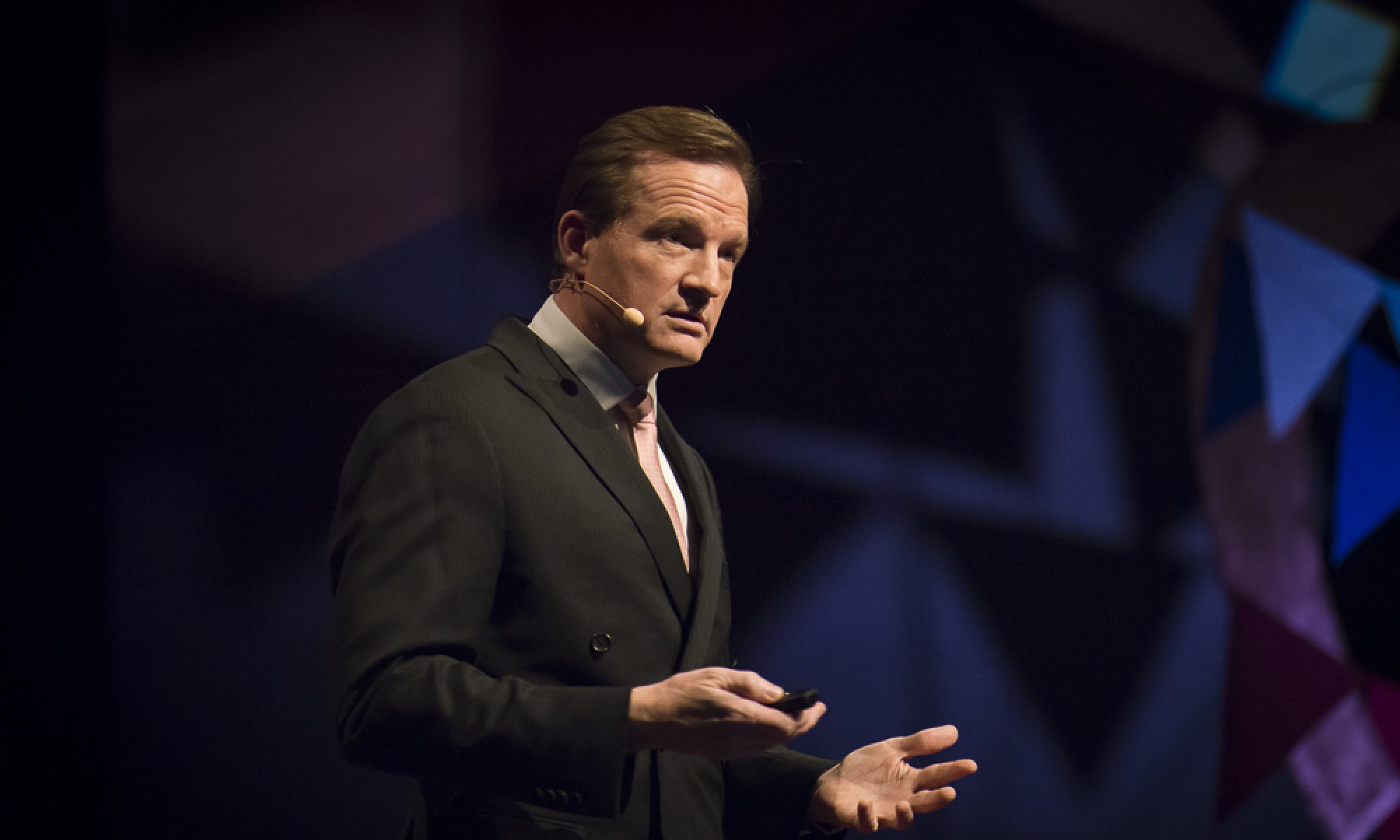In 1991 the Soviet Union dissolved. The Russian Federation immediately took over the Soviet seat in the Security Council. This transfer was neither automatic nor should people presume that the rump-UK would continue to hold the current UK seat should Scotland cause the dissolution of the British Union.
The Soviet dissolution is the only historical example of the dissolution of a Permanent Member of the Security Council and could provide a guide. Could Nicola Sturgeon study history and see the opportunity where Scotland’s admission to the EU could be a critical factor in who gets what at the UN?
In 1991 the Alma-Ata Protocol was signed by the majority of Soviet Republics declaring the end to the Soviet Union and transmitting to the Secretary General a letter agreeing that Russia would take over the USSR seat. Russia then wrote to the UN requesting that the name USSR be changed to Russian Federation and that nothing else would change.
International lawyers have questioned the legality of this action and have debated whether the dissolution of the USSR should have dissolved the seat at the Security Council. Some have argued that the Russian Federation should have been admitted as a new member of the UN with the Security Council Seat either ceasing to exist or be subject to Security Council vote and veto.
The political reality of the time meant that it was not in the West’s interests to question the proposal of Boris Yeltsin and hence the legal debate was never fully explored. The result was politically assumed but not legally decided. Would it be in Putin’s interest to cause some trouble in a similar circumstance today or meekly accept a questionable political solution? What does this mean for the UK, the EU and Scotland?
The EU Referendum result has put the question of not only Scottish Independence on the table but has also seen the debate about Northern Ireland. If Scotland were to vote to leave and dissolve the Acts of Union, and therefore Great Britain ceases to exist, would the United Kingdom of Great Britain and Northern Ireland still exist?
One may argue that if it were just Scotland leaving then perhaps the United Kingdom the UK would still exist as a union of England, Wales and Northern Ireland. But if Northern Ireland would also go its own way, and perhaps join Ireland, the United Kingdom would certainly cease to exist. The country would have dissolved, rather than just one part leaving. Putin could have a field day in the Security Council if he wanted to cause trouble. Not that Putin ever causes trouble – does he?
In that situation a solution would be for the entities of the former United Kingdom to take a leaf out of the Soviet book and write to the UN requesting that rump-UK, call it the Union of England and Wales, takes the UK’s seat.
But what is the quid pro quo for Scotland?
What if Nicola Sturgeon asked for the same in the EU? Could the component states of the soon to be former United Kingdom write to the EU and ask that Scotland be the successor state to the EU, and England and Wales be the successor State to the UN?
Would this dichotomy be possible? It has never happened so no one knows.
Given, as with 1991, that the world of Succession of States today is just as political as legal, would it not be possible for Sturgeon to play hard-ball with Cameron to get such a deal? Could Sturgeon, in the lead up to a new Scottish Referendum if it were held soon, ask for a commitment from London to back the Scottish desire to be the successor state in Europe thus eliminating Scotland’s need to re-join. Could this be a condition in the two year exit negotiation?
If London said no, Sturgeon could use this as further evidence of London’s betrayal of Scotland giving more weight to independence. If London said yes, it would strengthen the argument to leave as EU membership would be clearer. This is a political win-win for the Scots.
If London did not agree, and if Northern Ireland were to threaten a departure as well, Sturgeon as head of an Independent Scotland could write to the UN saying the UK had dissolved, rather than Scotland leaving, letting Putin play havoc with the veto over England and Wales joining the Security Council.
Imagine now if Martin McGuiness also saw this opportunity for Northern Ireland? Agree to us joining the Republic, he could say, of we write to the UN threatening your Security Council Seat.
Sturgeon in Scotland could trap London in a pincer movement of arguments while also emboldening the Northern Irish.
Fun games indeed.
Andrew MacLeod is an Australian/UK dual national, a visiting Professor in the Policy Institute at Kings College London, a corporate director in the US and former CEO of Australian business think-tank Committee for Melbourne.
